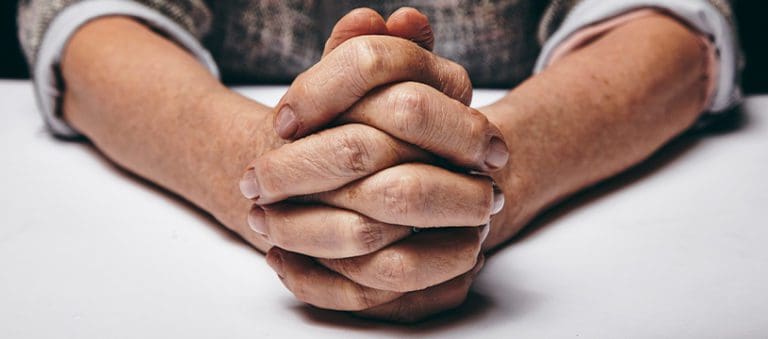We understand that people in our lives may misstep occasionally. They may misspeak in ways that cause hurt, and they may misinterpret our words and intentions in ways that cause us pain. Yet, we understand that they are human and humans make mistakes.
We can choose to hold grudges and nurture resentment for what others have done or not done to or for us. Or we can choose to forgive and move forward focusing on the future and the importance of our relationship. When people who have hurt or offended us are close friends, colleagues, and family members, forgiveness is particularly important. Failing to forgive those who are significant parts of our lives forces us to regularly re-experience past grievances and prevents us from being fully present for them.
Holding on to past grievances also can have serious life consequences for us. We can experience bouts of anxiety, periods of depression, bursts of anger, frequent insomnia, and other unpleasant emotional and physical reactions. Our failure to forgive can make the other person uncomfortable, but it can hurt our emotional and physical health.
As difficult as it can be to forgive others, forgiving ourselves can be even more difficult. Yet it is at least as important. We understand that others may have faults and behave in ways that disappoint us. However, we are often much harder on ourselves and even less forgiving when we misstep, misspeak, and misinterpret with our words and actions.
When we fail to live up to expectations we have for ourselves, we can become both the grievant and the aggrieved. On its face it seems that it should be easier to forgive in these circumstances since no one else is involved. Yet, we are often harder on ourselves and less willing to forgive when we stumble and fall short. We can find it easier to accept that others might not be perfect while expecting perfection in ourselves. In fact, others may already have forgiven us for some experience, while we continue to blame and shame ourselves.
The past year has demanded more from us than we ever might have imagined. We have been asked to deal with circumstances for which we could not have been prepared and for which we had neither the tools nor the experience to address. It was predictable that we would make mistakes and fail to notice and respond effectively to some circumstances and challenges that confronted us. We also operated under significant and sustained pressure and stress. Missteps, misspoken words, and misinterpretations were unavoidable.
Now is the time to stop blaming and shaming ourselves for what we may or may not have done in the past, whether associated with the pandemic or not. This is a time when our students and colleagues need us to be fully present and ready for what the future holds. They need the best we can offer.
Forgiveness can be easier if we shift our perspective from our shortcomings and setbacks and think about how we would respond if a friend were in a similar situation. We need to grant ourselves the same understanding and grace we would offer to a friend, colleague, or family member.
We need to give ourselves the same level of encouragement, support, and confidence we would offer to a close friend or valued colleague whom we know has great talent, excellent skills, and yet untapped future potential. We need to accept that forgiving ourselves is no less important or powerful an act as forgiving others. With forgiveness, we are free to focus on the future and become all that life has to offer us.



